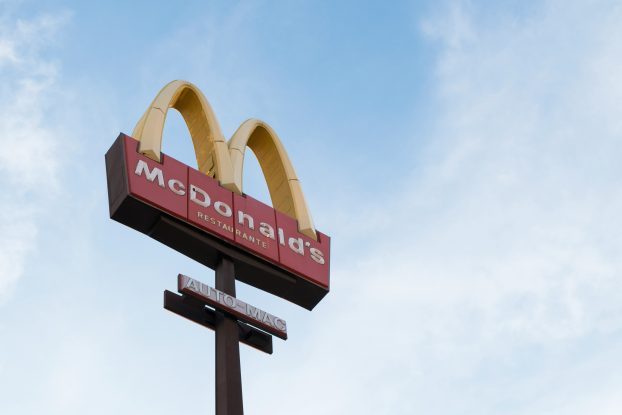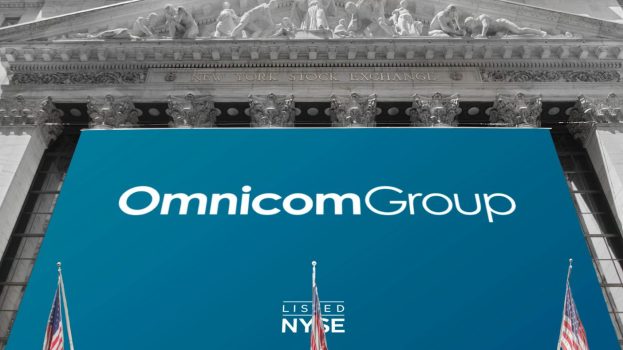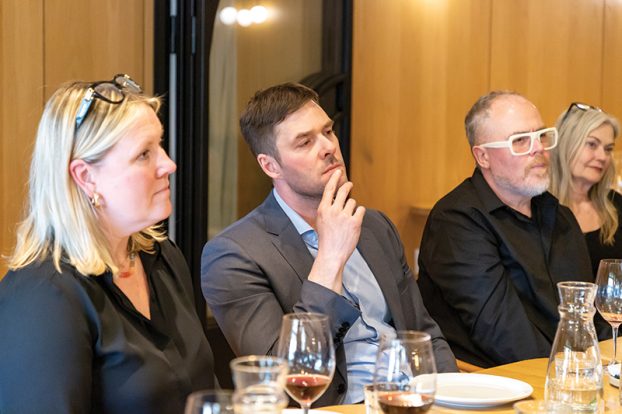AudioTrack Watermark Solutions Corp. of Toronto appears to have built the elusive better mousetrap – in this case, a virtually foolproof way for clients and agencies to get overnight verification of their television advertising buys.
The Identicast Broadcast Ad Intelligence service has its roots in a two-year-old system designed for distributors of television series and feature films, says Nat Abraham, senior vice-president of AudioTrack’s Identicast division. That system allowed program distributors to track their properties internationally to ensure the conditions of license were being adhered to.
Adapted for use with television commercials, the Identicast system encodes individual commercials with a unique audio code that allows advertisers and media buyers to track not only the market, channel, date and time the spot ran, but also identify which creative execution was used.
The codes are tracked through detection centres in nine major Canadian markets that monitor all television broadcasting in the market 24 hours a day, seven days a week.
Results are reported the next morning via computer. The electronic data can then be integrated into an agency’s ‘housekeeping’ or planning, billing, and reconciliation software for fast, accurate electronic affidavits of broadcast.
Bob Reaume, vice-president of media and research for the Association of Canadian Advertisers, says Identicast brings broadcast accountability closer to reality for clients, agencies and media.
He says audience size estimation and auditing are the two pillars of advertising accountability, and while both are strong in print media, auditing in television – the most costly advertising medium – remains less than accurate.
It’s not that clients distrust broadcasters, says Reaume, but given the technology and the number of people involved in the traditional issuing and checking of affidavits, mistakes are inevitably made.
‘Agencies have whole departments that do nothing but check affidavits against contracts – and it’s complicated. Nothing runs according to the contract you booked because of pre-emptions, make-goods and programming alterations,’ says Reaume. ‘Studies have shown that there could be up to a 5% error rate on broadcast contracts.’
Harrison, Young, Pesonen & Newell, one of Canada’s largest media management operations, is the first to officially sign on with Identicast, following a year-long test with one of its major clients, Unilever Canada.
Rob Young, HYPN’s senior vice-president of planning and research, says Identicast has a couple of advantages over the current system for tracking broadcast discrepancies.
‘The status quo in the industry today is to get that information in a paper form, but you get an inaccurate paper format – late.
With Identicast, he says, media buyers can track discrepancies almost immediately between what ran and what they thought ran, ‘as opposed to months after the fact.’
Rob Guenette, director of hair care for Unilever Canada’s Lever Ponds division and a member of Unilever’s media committee, says the use of Identicast is still in the testing stages for Unilever, but it’s likely the company will decide to adopt the system permanently.
Guenette calls Identicast a major leap forward in the field of verification.
‘From the client perspective,’ says Guenette, ‘if we can make sure we’re getting the messages on the right stations and in front of the right consumers at the right time, we can concentrate on the most difficult part of the business as a whole – getting the message right.’























